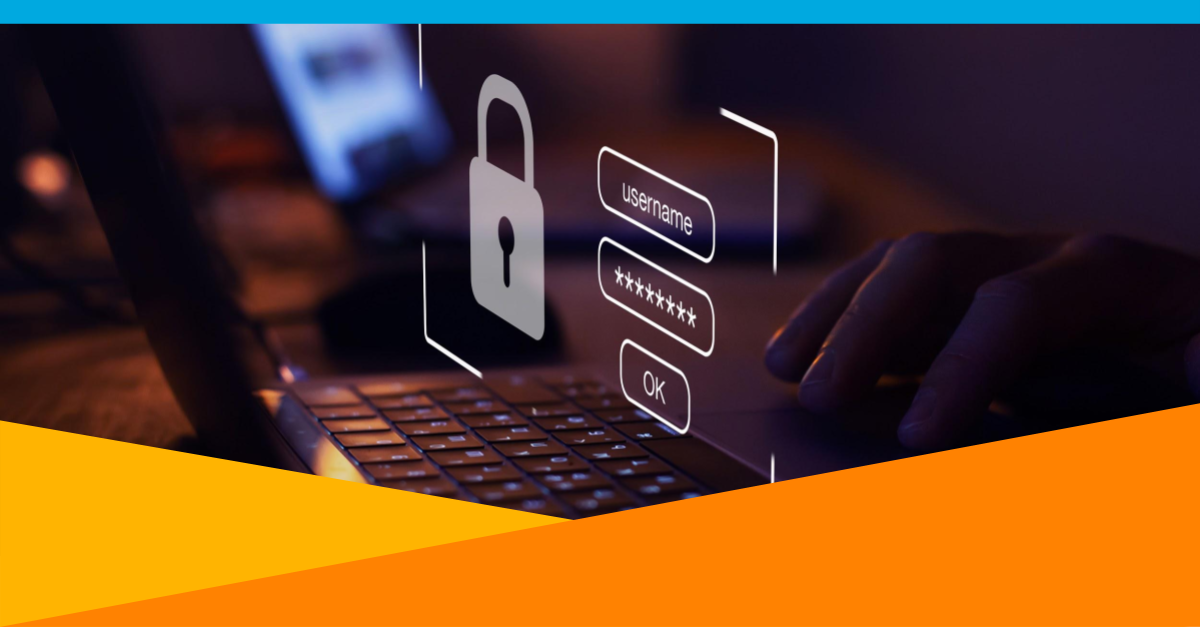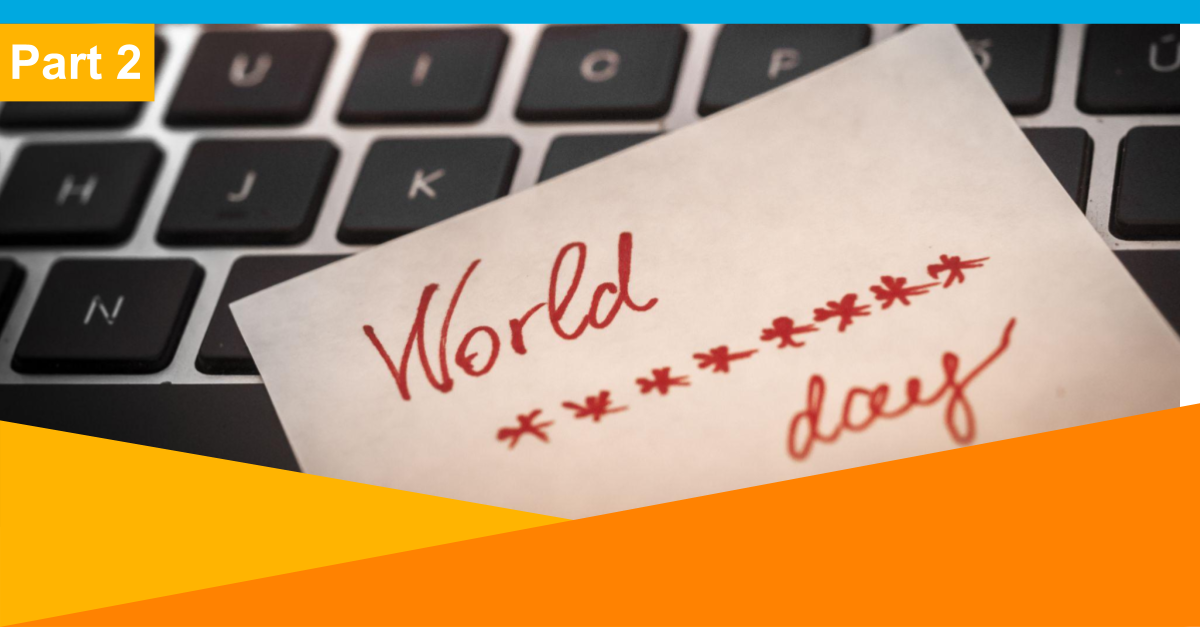
Identity and access management standardizes and even automates critical aspects of managing identities, authentication and authorization into business applications.
The question you want to ask yourself as a managed service provider (MSP) is: Why are we using multiple applications for security and password protection when we could use only one?
In this blog post, we will discuss why identity and access management (IAM) systems are a more complete solution than password vaulting management and MFA tools.
As a managed service provider (MSP), you are responsible for securing your customers’ access to the systems they need to get their work done. That means you are responsible for securing their identities and how they access their resources.
Unfortunately, simple password vault solutions do not provide the level of security that is needed to protect your users today. You cannot control how often users have to reset their passwords in all of those different applications. And you have no control over whether they are the same set of credentials that might have been hacked in another system. All of these areas in which you are lacking control can make your users and their data vulnerable to hackers.
You might think that you are protecting them by enabling multi-factor authentication (MFA) for these various applications, but now you are just making their day-to-day interactions much more complex. In addition, having those users use multiple MFA vendors to access a multitude of applications is not user friendly.
Identity and access management standardizes and even automates critical aspects of managing identities, authentication and authorization into business applications. By integrating security assertion markup language (SAML) or some other form of modern authentication standard such as OpenID Connect (OIDC), companies can redirect users to sign in through an IAM vendor that gives your MSP visibility and control. You are then able to leverage security policies within the IAM to control password complexity, to control how often users have to reset passwords, and even to control whether they can reuse those compromised credentials. You can also implement MFA through the IAM without causing an overload to general users and, more importantly, without risking password breaches.
If vendors are not offering a solution that eliminates passwords, they are leaving companies vulnerable and without any protection against their biggest threat. We have found that most approaches to security are failing because they don’t take into consideration and eliminate the risk of password use.
Secure access by placing all applications behind an IAM portal using SAML or OIDC protected by a policy-compliant password, which is infinitely more secure than your typical password vault solution. An IAM solution could also integrate with other systems—for example, your RADIUS clients, providing RADIUS authentication. Thus, your users can use that same set of credentials to log into your VPN or WIFI systems.
MFA vendors also lack offerings that identity and access management vendors provide, like single sign on (SSO), cloud directory, self-service password reset, and automated user provisioning. Standalone MFA solutions can be more taxing for users if they have to use MFA to sign into multiple applications every day. With an IAM, users sign into only one portal to access all applications, meaning they will only be promoted one time for MFA.
MFAs, password vaults and self-service password reset tools are already integrated into IAM platforms. Utilizing this type of technology streamlines the user process and also improves your chances of customer retention as you automate and reduce password frustrations. By modernizing your MSP business with IAM, you will strengthen security structure, improve productivity, lower help desk costs, consolidate application access, create happier customers and find a whole new revenue stream.

